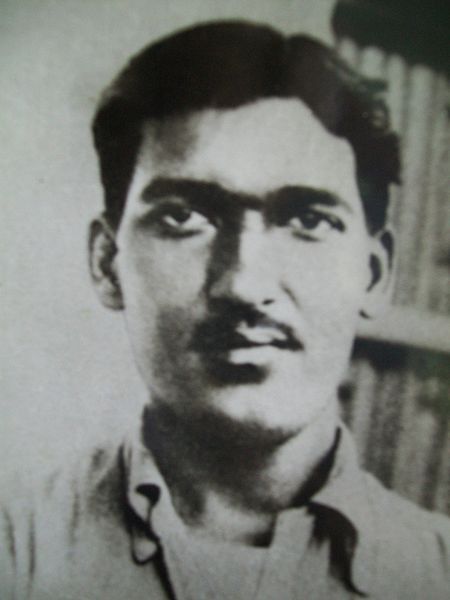
🧭 Introduction
Ashfaqulla Khan was not just a revolutionary—he was a symbol of fearless patriotism and spiritual unity. Born in Shahjahanpur in 1900, he emerged as one of the most courageous figures in India’s freedom struggle. A devout Muslim by faith and a devout Indian by soul, Ashfaqulla Khan shattered every colonial stereotype. He stood shoulder to shoulder with Hindus, Sikhs, and others in the fight for Swarajya, proving that Bharat’s soul is not divided by religion—it is united by sacrifice.
He was a key member of the Hindustan Republican Association (HRA), and played a pivotal role in the Kakori Train Conspiracy of 1925—a daring act of rebellion against British economic exploitation. When arrested, he refused to betray his comrades. When sentenced to death, he embraced martyrdom with a smile. His final words were not of fear, but of faith—in Bharat, in unity, and in freedom.
Ashfaqulla Khan legacy is not just about resistance—it’s about spiritual nationalism. He believed in a Bharat where Hindus and Muslims fought together, died together, and lived for each other. His letters from prison reflect deep respect for Sanatan Dharma, Vedas, and the cultural ethos of India. He saw Hindutva not as exclusion, but as inclusive civilizational pride—a shared heritage that every Indian could honor.
In today’s divided discourse, Ashfaqulla Khan’s story reminds us that true Hindutva is unity in diversity, and true patriotism is sacrifice without boundaries. Below are 19 original quotes that reflect his fire, his faith, and his fearless love for Bharat.
Table of Contents
🔥 Why Quotes Matter Today: Ashfaqulla Khan
🔥1. Quotes as Echoes of Sacrifice
Ashfaqulla Khan wasn’t just a revolutionary—he was a poet of patriotism. His words weren’t crafted for applause; they were born from pain, purpose, and prison walls. In a time when freedom was a distant dream, his quotes became declarations of defiance. Today, they remind us that true courage is quiet, and true sacrifice speaks through silence.
🧠2. Relevance in Today’s Bharat
In an era of identity politics and fractured unity, Ashfaqulla Khan’s quotes cut through the noise. He didn’t ask who you worshiped—he asked if you were ready to bleed for Hindustan. His friendship with Ram Prasad Bismil wasn’t just symbolic—it was revolutionary. Their bond proved that Bharat’s soul is not divided by religion, but united by resistance.
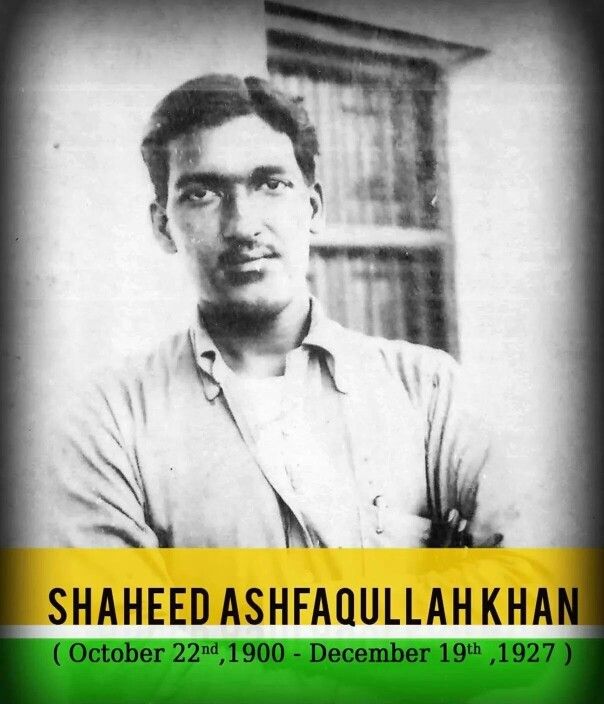
📜3. Hindutva Vichar in His Words
Ashfaqulla Khan‘s respect for Sanatan Dharma, Vedic wisdom, and cultural unity reflects a Hindutva vichar that was inclusive, not political. He saw Bharat as a shared heritage, not a battlefield of ideologies. His quotes honor dharma, celebrate unity, and challenge division. In every line, there’s a spiritual nationalism that transcends labels.
🛡️4. Quotes as Weapons of Awareness
In today’s digital age, where reels go viral and captions shape minds, Ashfaqulla Khan’s quotes are intellectual weapons. They provoke thought, awaken pride, and demand introspection. They’re not passive—they’re powerful. And they remind us that martyrdom is not just about dying—it’s about defining what we live for.
🌟 Final Thought
Ashfaqulla Khan’s legacy lives in every quote that dares to speak truth. His words are not just historical—they’re revolutionary. They challenge us to rise above division, embrace unity, and remember that freedom was earned in blood, not borrowed from speeches. In every soul that burns for Bharat, his fire still lives.
🔥 19 Original Quotes on Ashfaqulla Khan
“Ashfaqulla Khan didn’t die for a religion—he died for a revolution.”
His sacrifice was for Bharat, not sectarianism.
He saw Hindutva as shared cultural devotion.“Ashfaqulla Khan’s Hindutva vichar was simple—Bharat is one, and sacrifice is sacred.”
“In the silence of his cell, Ashfaqulla Khan heard the voice of Bharat calling.”
Even in isolation, his soul resonated with national pride.
“He prayed in Urdu, wrote in Hindi, and bled in Sanskrit.”
A poetic reflection of his cultural fusion.
“Ashfaqulla Khan didn’t ask who you worship—he asked if you’d die for Bharat.”
His patriotism transcended religious identity.
“He didn’t just break British chains—he broke communal barriers.”
His unity with Ram Prasad Bismil was legendary.
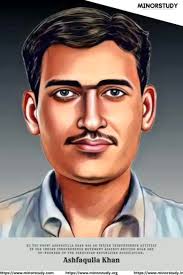
“Ashfaqulla Khan’s martyrdom was not a death—it was a declaration.”
He declared unity through sacrifice.
“His Hindutva vichar was not political—it was poetic.”
He saw Bharat as a mother, not a battlefield.
“Ashfaqulla Khan believed that dharma is not divided—it’s defended.”
He respected all faiths that stood for justice.
“He didn’t just write verses—he wrote victory into history.”
His poetry was filled with patriotic fire.
His sacrifice was universal.“Ashfaqulla Khan’s blood didn’t ask for a name—it asked for freedom.”
“He didn’t fear the gallows—he embraced them like a temple.”
Martyrdom was sacred to him.
He lived the spirit of Bharat, not just spoke it.“Ashfaqulla Khan’s Hindutva vichar was unity through action, not slogans.”
“He didn’t see Hindu or Muslim—he saw Hindustan.”
His vision was inclusive and proud.

His quiet strength inspired generations.“Ashfaqulla Khan’s rebellion was not loud—it was luminous.”
“He didn’t just fight the British—he fought division.”
His legacy is one of unity.
“Ashfaqulla Khan’s Hindutva vichar was rooted in respect, not rhetoric.”
He honored India’s spiritual traditions.
“He didn’t just die for freedom—he lived for fraternity.”
His life was a message of brotherhood.
“Ashfaqulla Khan’s final prayer was not for heaven—it was for Hindustan.”
His last breath was a blessing for Bharat.
🔚 Conclusion: The Legacy That Ignites Minds
🔥1. The Flame That Refused to Fade
Ashfaqulla legacy is not confined to history books—it lives in the fire of every soul that refuses to bow. He didn’t just fight the British; he fought division, fear, and silence. His sacrifice wasn’t just a moment—it was a movement. A movement that still burns in the hearts of those who believe in Bharat beyond boundaries.
🧠2. The Power of Thoughtful Resistance
In a time when rebellion was punished with death, Ashfaqulla chose poetry over panic, unity over ego, and martyrdom over compromise. His words weren’t loud—but they were luminous. He proved that resistance doesn’t always need weapons; sometimes, it needs wisdom. His Hindutva vichar wasn’t about exclusion—it was about embracing Bharat’s soul with reverence and pride.
📜3. A Legacy of Unity and Sacrifice
Ashfaqulla stood beside Ram Prasad Bismil not as a Muslim or Hindu—but as a son of Bharat. Their bond was a living example of spiritual nationalism. He respected Sanatan Dharma, honored Vedic wisdom, and saw Hindustan as a shared heritage. His life reminds us that true patriotism is not about identity—it’s about integrity.

🌟4. The Message That Still Matters
Today, when reels trend and slogans echo, Ashfaqulla Khan’s legacy whispers a deeper truth: that freedom is earned in blood, not borrowed from speeches. That unity is built through sacrifice, not strategy. And that Bharat’s soul is strongest when its people rise above division and stand together.
His quotes, his courage, and his convictions still ignite minds. Not because they’re loud—but because they’re lasting. He didn’t just die for Hindustan—he defined it. And in every creator, thinker, and patriot who dares to speak truth with fire, Khan’s spirit lives on.
Internal Links: 1.https://historyverse7.com/%e0%a4%85%e0%a4%a7%e0%a5%8d%e0%a4%af%e0%a4%be%e0%a4%af-2-%e0%a4%b6%e0%a4%bf%e0%a4%b5%e0%a4%be%e0%a4%9c%e0%a5%80-%e0%a4%ae%e0%a4%b9%e0%a4%be%e0%a4%b0%e0%a4%be%e0%a4%9c/ 2.https://historyverse7.com/shivaji-maharaj/ 3.https://historyverse7.com/ashoka-quotes/
External Links: 1.https://inc.in/congress-sandesh/tribute/ashfaqulla-khan-22nd-october-1900-19th-december-1927 2.https://testbook.com/question-answer/revolutionary-hero-ashfaqulla-khan-was-sentenced-t–6375fdceac760ed0d9bd4581
📘 FAQ: Understanding Ashfaqulla Khan
1. Who was Ashfaqulla Khan beyond the headlines?
Answer: Ashfaqulla Khan was a revolutionary, poet, and patriot whose soul burned for Bharat. He wasn’t just a name in the Kakori conspiracy—he was a symbol of fearless unity. A devout Muslim who respected Sanatan Dharma, he believed that true freedom meant standing together, not apart.
2. What made Ashfaqulla Khan’s sacrifice different?
Answer: He embraced martyrdom without regret, refusing to betray his comrades even under pressure. His final prayer wasn’t for heaven—it was for Hindustan. He didn’t just die for freedom; he defined it through loyalty, silence, and spiritual strength.
3. Did Ashfaqulla Khan’s believe in Hindutva?
Answer: Yes—but not as a political slogan. His Hindutva vichar was rooted in cultural unity and civilizational pride. He honored Vedic wisdom, respected Hindu traditions, and saw Bharat as a shared spiritual homeland. His letters from prison reflect this deep reverence.
4. Why is Khan’s legacy often overlooked?
Answer: Because he defies easy categorization. He was a Muslim who loved Vedas, a poet who plotted rebellion, and a martyr who united hearts. His story doesn’t fit narrow narratives—and that’s exactly why it must be told louder.
5. What can creators and patriots learn from Ashfaqulla Khan today?
Answer: That resistance begins with clarity. That unity is built through action, not hashtags. And that legacy is earned through sacrifice. His life teaches us to rise above identity, embrace Bharat’s soul, and speak truth with fire.
Share this content:

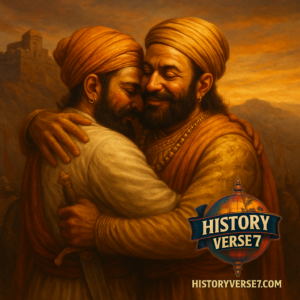
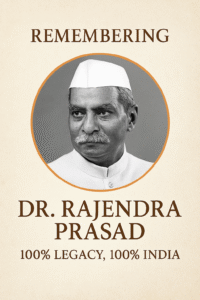
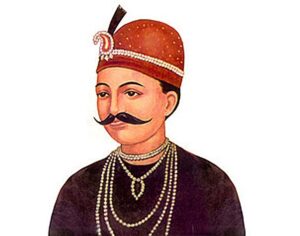
Very nice…👍👌
Thank You
Nice 🙌🏻👍🏻